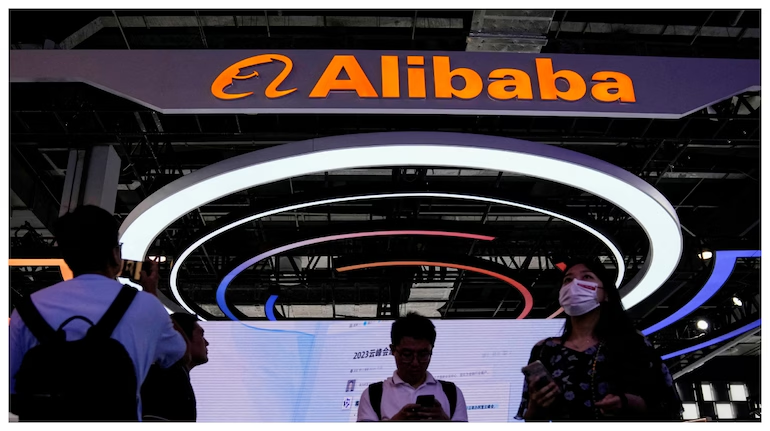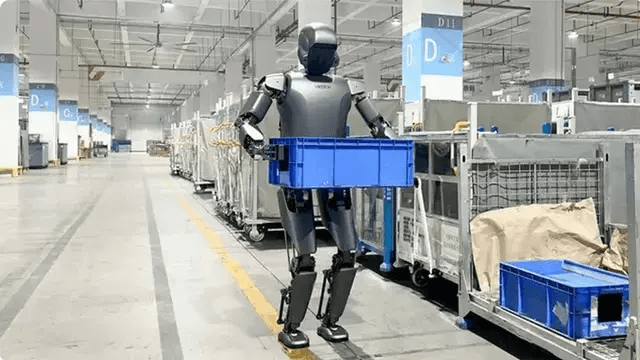
In a strategic move to bolster its AI capabilities, OpenAI, the company behind the revolutionary ChatGPT, has reportedly teamed up with semiconductor giants Broadcom and TSMC to create its first in-house AI chip. This development marks a significant shift in OpenAI’s approach to managing the computational demands of its AI models.
A Strategic Partnership
Recent insights reveal that OpenAI is leveraging Broadcom’s expertise in chip design customization and TSMC’s prowess in manufacturing to develop a chip aimed specifically at enhancing AI inference tasks. This collaboration underscores a trend where tech companies seek to control more of their hardware stack to optimize for their specific software needs.
Broadcom, known for its role in fine-tuning chip designs for giants like Google, will assist OpenAI in crafting a chip that can efficiently handle the data processing required for AI inference, where AI models apply what they’ve learned to new data.
Scaling Back Foundry Ambitions
Initially, OpenAI had considered the ambitious project of building its own chip foundry. However, the high costs and extensive timeline involved in such an endeavor led the company to pivot towards designing chips in-house while outsourcing the manufacturing. This decision reflects a pragmatic approach to innovation, focusing on what OpenAI does best—AI research and development—while leaving the heavy lifting of production to established players like TSMC.
Diversifying from Nvidia
The move also indicates OpenAI’s strategy to diversify beyond Nvidia’s GPUs, which have been the backbone for training its AI models. By incorporating AMD chips through Microsoft’s Azure cloud platform, OpenAI is not only spreading its technological bets but also potentially mitigating risks associated with supply chain dependencies.
Implications for the AI Industry
This initiative by OpenAI could send ripples through the AI and semiconductor industries:
- Increased Competition: Other AI companies might be prompted to follow suit, potentially leading to a surge in custom chip development within the sector.
- Innovation in Chip Design: Tailoring hardware specifically for AI tasks could lead to breakthroughs in chip architecture, enhancing efficiency and performance.
- Supply Chain Dynamics: This partnership could influence the semiconductor supply chain, possibly affecting the balance of power among chip manufacturers and AI developers.
Looking Forward
While the timeline for the chip’s rollout remains fluid, with an aim towards completion by 2026, OpenAI’s venture into hardware is a testament to the evolving landscape of AI technology. By designing chips that are optimized for their AI models, OpenAI could achieve greater control over its destiny, reducing dependency on external hardware solutions and potentially setting new standards in AI performance.
As the AI sector continues to grow, this move by OpenAI might not only be about technological advancement but also about securing a competitive edge in an industry where computational resources are king.





